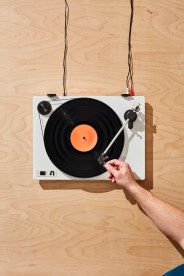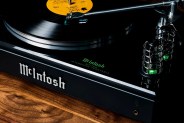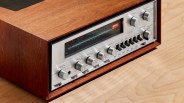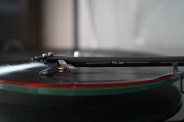In the Bluetooth age, passive loudspeakers no longer represent the future of home audio. But before you stick a fork in the category, let’s take stock, shall we?
Passive loudspeakers still generate billions of dollars in revenue every year; they also deliver superior sound quality at both ends of the price spectrum.
Dozens of companies around the world remain carrying the torch, including a small handful in the U.S. These brands’ products offer world-class levels of transparency and resolution that could make you rethink how a loudspeaker is supposed to sound.
Magnepan
 Magneplan
MagneplanMagnepan is an audio company based in White Bear Lake, Minnesota, that has been manufacturing full-range planar loudspeakers for a half-century.
Its planar magnetic loudspeakers — which utilize very low mass, razor-thin film ribbon drivers — have a specific dipole design; there’s no speaker cabinet and the sound radiates from the back and front of the loudspeaker. The effect is that the sound has a level of openness and transparency that you don’t hear from conventional loudspeakers.








